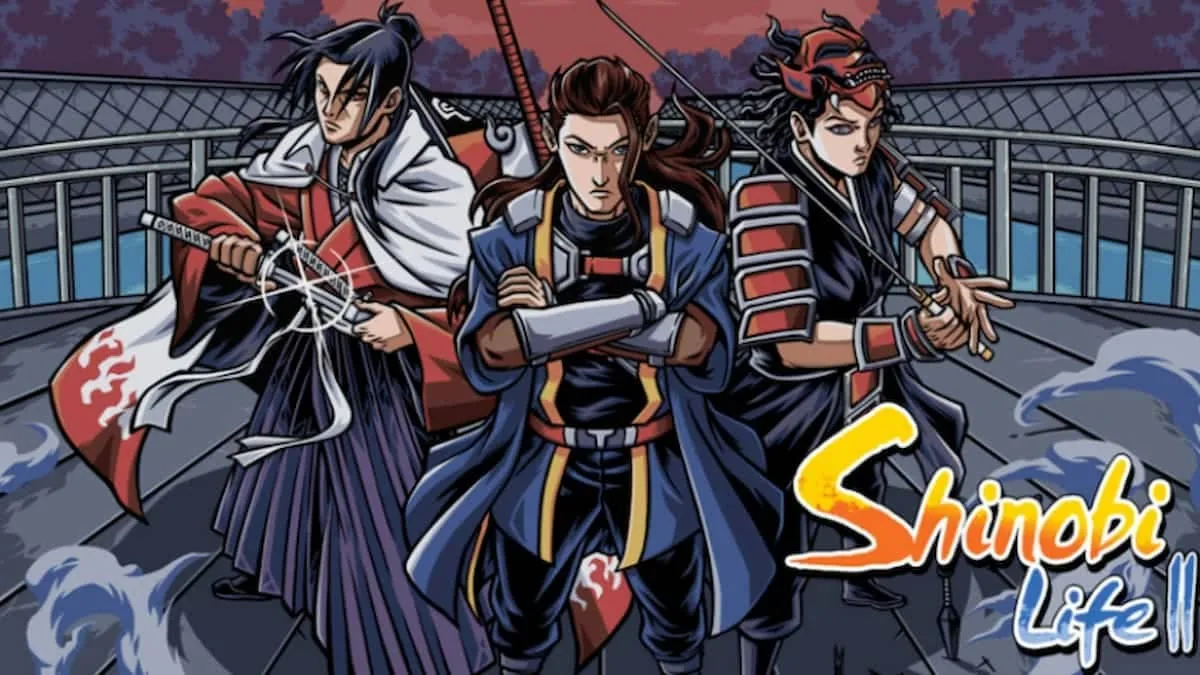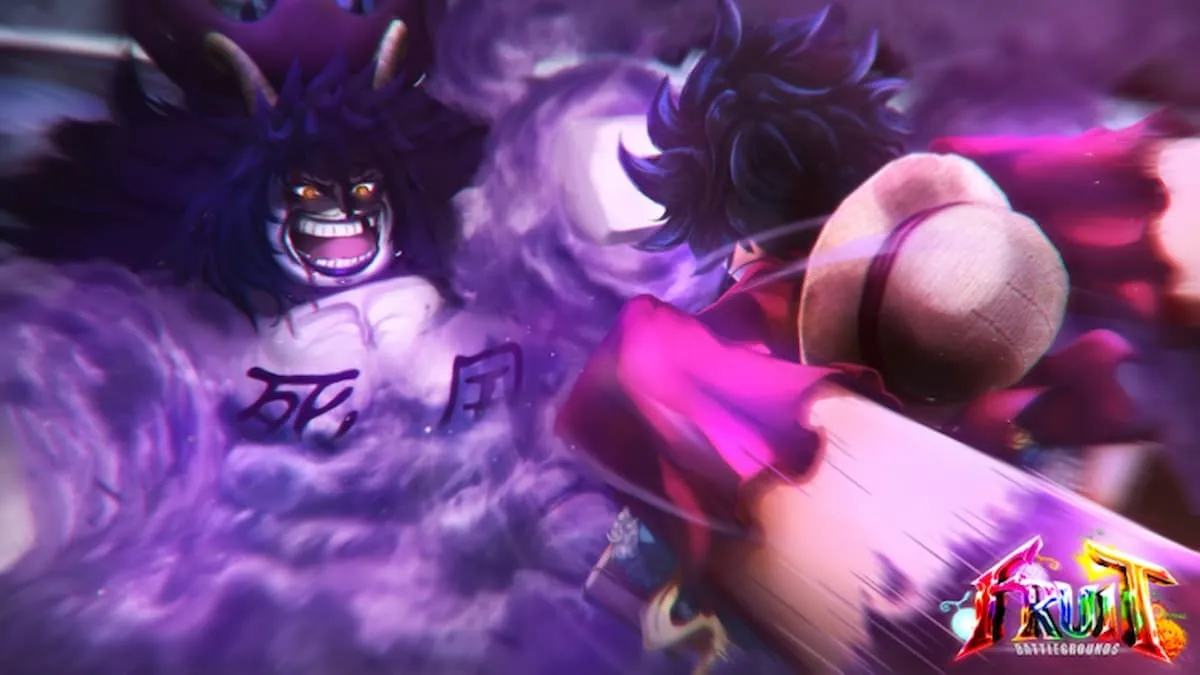Question: Why do some squads dig in when challenged while others splinter with the first signs of stress?
Answer: Interaction of the psychological forces at the personal level and squad level can explain this phenomenon
Personal Level
When you are losing a battle, this can place stress on you.
Stress is the reaction of an organism to environmental or physical pressure. Examples: would hunger, being involved in an argument, or running for you life from a predator. The sort of stress you’re dealing with in Dust isn’t as acute as a real life or death situation, but many of the same reactions occur. We’ll focus on the mental reactions, as bodily reaction don’t have as much bearing when it comes to Dust.
Attention is focused on a central task and peripheral tasks and information are often ignored. How the person decides on the central task is often based on what is deemed relevant to the threat. A good example is an average Planetary Conquest battle. These battles are often very intense, as territory that you spent a great deal of effort acquiring is on the line. When things go bad, many commanders will begin to ignore the state of the battle and continue on with the orignal plan. This sort of reaction is very typical.
Working memory (the short-term memory holding the info related your current task, ie your mental workbench) is often impaired. Your will often find it difficult to fully grasp the situation and remember the finer details. The small signals that hint at your opponent’s strategy can easily be forgotten in this sort of state.
In addition to the above, decision-making and judgement becomes more rigid, looking at fewer alternatives. There is also a tendency to rely on previous responses to that stressor, regardless of its past success. This translates into many battle commanders becoming very inflexible and losing the creativity that you need to come out ahead.
Lastly, manual dexterity decreases when under stress. This has particular significance when dealing with Dust. Imagine that you’re under fire and need to duck into cover. However, due to your lessened dexterity you misjudge the movement and end up being killed.
Squad Level
When it comes to the squad level there are two types of social binding forces to look at.
- Social cohesion: the type or quality of the social bonds between the members, such as friendship, liking, closeness.
- Task cohesion: the collective commitment of the group member to achieving a given goal
Task cohesion is more important when it comes to effectiveness the group. It allows your group to act independently while still keeping the goal in mind. Each action will slowly build toward your goal. Social cohesion plays a role in the ability for members to trust one another, whether squadmate to squadmate, squadmate to squad leader, etc. It is the job of the commander to think for the squad and make the decisions. Naturally, the squad is much more effective when squad members trust their commander’s decisions.
Task cohesion breaks down when the group loses sight of its goal, often when the goal appears unattainable or the current strategy isn’t working. Say you are in a particularly difficult battle and you commander has fallen under the influence of stress and stuck with the failing plan. One of the possible reaction for the squad is for each member to take their own approach to winning the battle. With your squad now splintered, no one person is capable of completing their own goal when met with the full force of the enemy squad.
Social cohesion breaks down when group member are unwilling to work together or communicate with each other. Essentially the group splinters into many separate, independent parts. This result is similar to that of the breakdown of task cohesion, in that each individual isn’t strong enough to complete the goal on their own.
Take Aways from This Info:
Individually, a squad member needs to have a level of self-awareness. Look for what is causing the stress and reassess how you can address it. The key is to reassess. That second look at the problem will often lead to a more effective plan.
From a leadership perspective, unit cohesion often takes precedent over managing stress reactions. For the average line member, unit cohesion can help reduce the negative effects of stress. Humans are social creatures and having support of others can strengthen an individual’s resistance to the effects of stress. Think about your real life for a moment. Isn’t it almost always less stressful to have some group support when tackling a problem? For the leaders themselves it is particularly important to decrease the effects of stress. The leadership is the brains of a unit and play a key role in unit cohesion. Many of the effects of stress (especially irritability and hampering of decision-making) can work to undermine unit cohesion
There are many ways to promote unit cohesion. Below is a list of a few:
-
Always have your goal in mind and make it known to you squad
-
Have a number of default tactics to fall back on, i.e. always put down plenty of Drop Uplinks, stick together, Have a decent mix of roles in your squad, etc
-
Squad members need to be aware of their role in the group, logi heals and revives, heavies are the first in with assaults backing them up
- Put in the time to get to know your squad. Become aware of their strengths and weaknesses and let them know what you see.
Sources:
- http://human-factors.arc.nasa.gov/flightcognition/Publications/IH_054_Staal.pdf
- http://psychology.ucdavis.edu/rainbow/html/military_cohesion.html
- http://www.realwarriors.net/active/leaders/unitcohesion.php






Published: Sep 30, 2013 04:51 pm